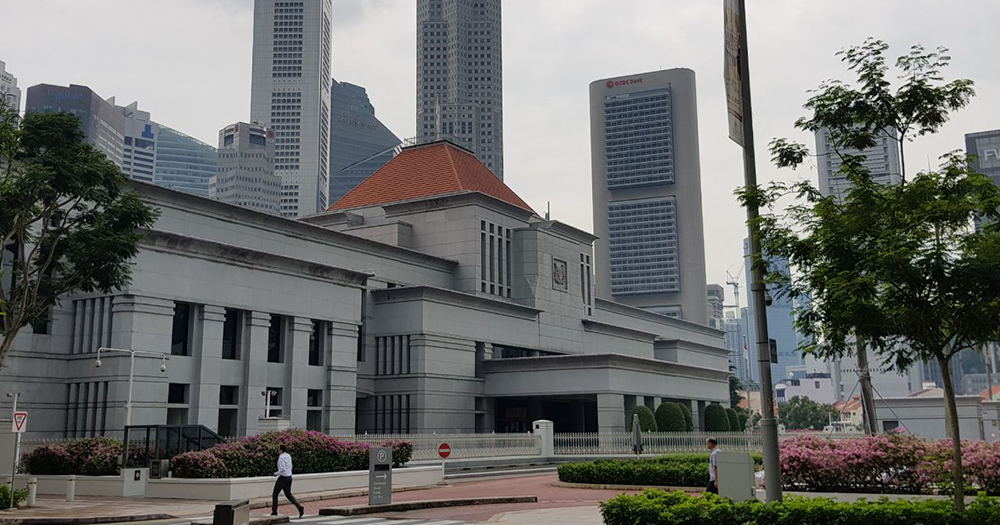If a new bill introduced in Parliament is passed, attempting suicide will no longer be a crime.
This, more formally known as the repeal of Section 309 of the Penal Code, will be part of a new Criminal Law Reform Bill that is expected to be passed into law later this year, once it has undergone its second reading.
Currently, attempting to commit suicide is illegal under Section 309 of the Penal Code, which states:
"Whoever attempts to commit suicide, and does any act towards the commission of such offence, shall be punished with imprisonment for a term which may extend to one year, or with fine, or with both."
The government has separately confirmed its acceptance of the recommendations of the Penal Code Review Committee (PCRC) to repeal Section 309.
People who attempt suicide should be helped, not prosecuted
In an announcement from the Ministries of Home Affairs and Law, the government said it agrees that people who attempt suicide should be provided with help, instead of being prosecuted as criminals.
It acknowledged growing recognition that treatment, rather than prosecution, is the appropriate response to people who attempt to take their own lives.
The PCRC highlighted that this has also formed the basis of how the police has handled cases like this thus far.
As it is, the rate of prosecution under Section 309 is extremely low, the ministries said, with the police usually referring cases of attempted suicide to a hospital or the Institute of Mental Health (IMH) for assessment.
Police and SCDF to be better empowered to help
As such, the PCRC further proposed several measures to be implemented in conjunction with the repeal of Section 309, to better strengthen the abilities of the police and SCDF to aid such cases.
Various other legislation will be amended at the same time to facilitate this, such as clauses in the Police Force Act.
These include:
- Empowering both the police and SCDF to immediately intervene in situations where the suicidal person may be a danger to themselves or others, to prevent harm and potential loss of life.
- Empowering the police to take people who have attempted suicide to a medical practitioner for assessment. In turn, medical practitioners and the courts should also have the ability to compel treatment where necessary.
- Encouraging the public to report attempted suicides. However, it will not be necessary to impose a requirement of mandatory reporting.
- Empowering the police to seize evidence in cases of suicide attempts where harm is actually caused, due to such evidence being necessary in the event that the person involved passes away afterwards.
Helping a person to commit suicide is still a crime
Both the government and the PCRC agreed, however, that the abetment of suicide will still be a crime.
According to the two ministries, the decriminalisation of attempted suicide does not mean the government's position on the sanctity of life has shifted. This also applies to its position on euthanasia (which is illegal), in response to concerns raised by religious groups.
"While the person who attempted suicide may not be morally culpable, the abettor who voluntarily facilitates in the ending of a life should. This is in line with the general policy of penal culpability for homicide and the causing of death."
Top photo by Matthias Ang
Content that keeps Mothership.sg going
??
Here's how to pair your CNY snacks with beer to look like a true blue connoisseur.
????
What in the world are cashless angpaos?
?⏩?
Finally escape from your CNY fatigue with these heavily discounted cruise fares.
??✨
Does your work spark joy ?
??
Millennials are strawberries? Can eat one ah?
If you like what you read, follow us on Facebook, Instagram, Twitter and Telegram to get the latest updates.
